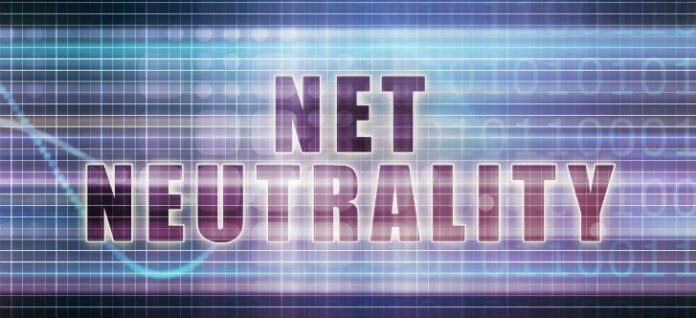With a fifth Federal Communications Commissioner newly seated to round out a Democratic majority on the Commission, Chairwoman Jessica Rosenworcel is reviving the prospect of Title II-based, or “net neutrality”, regulation of mobile and fixed internet services by the Federal Communications Commission.
Speaking at the National Press Club this week, Rosenworcel made the argument that when the FCC backed away from regulating broadband and repealed its Title II rules, that had unintended consequences which essentially “determined that this infrastructure—which the pandemic proved so essential for modern life—needs no oversight.”
The Covid-19 pandemic, she said, “made clear that broadband is essential infrastructure for modern life. Access to the internet is now access to everything. And common sense tells us the nation’s leading communications watchdog should have the muscle it needs to protect consumers and make sure their internet access is fast, open, and fair.” She specifically cited instances such as public safety traffic being throttled and the agency being unable to intervene because it did not have legal authority to do so for a broadband service; and national security, in that the FCC has the ability to prevent foreign companies from offering communications services in the U.S.–and indeed, has stripped several companies of that ability–but broadband is not included under that umbrella, which she calls a “national security loophole” which needs to be closed. Not having the legal authority to regulate internet services also limits the amount of reporting that the FCC can ask of broadband providers. “When the FCC backed away from overseeing broadband, the only mandatory outage reporting system we can have in place is focused on long distance voice outages. Let me submit to you in a modern economy— and during the pandemic—collecting only data about when the voice system goes down does not cut it,” she said.
“The FCC is actively engaged on all of these issues,” Rosenworcel added. “But at times it can require duct tape and bailing wire to jerry-rig the justifications to make sure our actions are on solid legal footing. It doesn’t always work. And it renders unnecessarily vulnerable some of our most important security efforts.”
While the proposal that Rosenworcel plans to circulate would largely restore the net neutrality regulatory capability to its state prior to repeal, there are a few changes that are meant to put things like rate regulation beyond the scope of the FCC’s authority. The FCC says that new rulemaking “specifically proposes to forbear from 26 provisions of Title II and more than 700 Commission rules that might pose a threat to network investment or are unnecessarily burdensome. Accordingly, policies like rate regulation and network unbundling would be strictly prohibited.”
Both of the Republic commissioners have made clear their opposition to the move, with Commissioner Brendan Carr saying that he opposes “government control of the internet” and calling the previous efforts to put in place and then retain net neutrality rules (they were repealed, with Carr’s support, during the Trump administration under then-FCC Chairman Ajit Pai) the “most Orwellian campaigns in regulatory history” and saying that net neutrality will add “sweeping new government controls” to the internet and threatens broadband investment, particularly in rural areas, because it would “open the door” to rate regulation. “Rather than heading down the doomed and damaging path toward Title II, the FCC should focus on advancing the many important policies over which the Commission does have authority—from rural broadband and spectrum to public safety and illegal robocalls,” Carr said in a statement.

